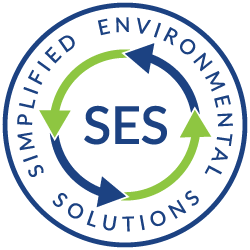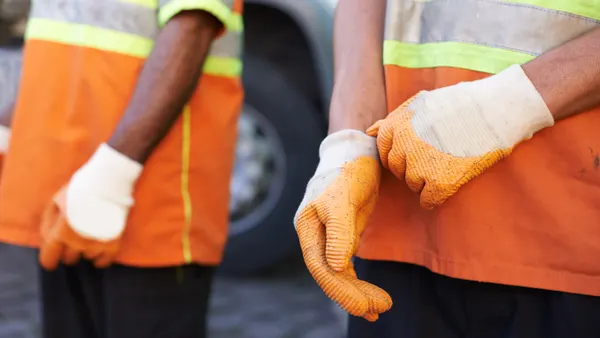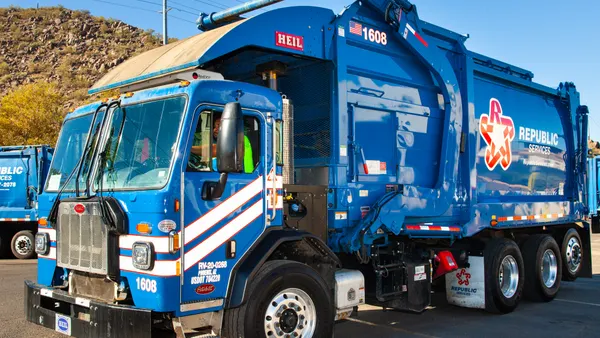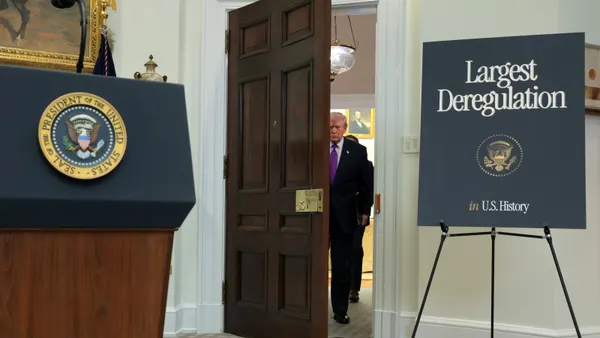Dive Brief:
- The state of Massachusetts has approved Casella Waste Systems' response plan to address the issue of tainted wells supplying water to Charlton homes near the Southbridge landfill. But the plan comes with ten conditions for Casella, who took on operations of the landfill. Among those conditions is quarterly testing of all wells within the designated radius, and Casella must also assess the viability of removing the toxins by installing point-of-entry water treatment systems or by supplying municipal water.
- The Department of Environmental Protection said Casella is the "potential responsible party" for the residential wells’ contamination; some of which are tainted with 1,4-dioxane, a probable human carcinogen, and one home which was contaminated with trichloroethylene, harmful to the human central nervous system.
- Casella is providing bottled water to nine homes, and has installed a whole-house water filtration system in another home. The DEP will consider the response complete only once there is no detectable 1,4-dioxane or trichloroethylene in the water for at least six months or two rounds of testing, as reported in Telegram.com.
Dive Insight:
Landfills carry a risk of leakage: A recent assessment of 30 closed, uncapped dumps found 12 of them had high levels of concern, potentially carrying risks of contamination to nearby human and ecological systems.
The state of New Jersey and the US Geological Survey were concerned enough to develop a testing method that assigns landfills a "level of risk" based on contaminated groundwater moving to nearby waterways and residences. The test model assesses the need for engineering or monitoring of the site.
In Massachusetts, Board of Health Chairman Matthew Gagner said his board had recommended for some time that Southbridge supply municipal water to Charlton residents — long before the well contamination was before the public — recognizing the need to be proactive when there is a potentially hazardous landfill near residential properties.












